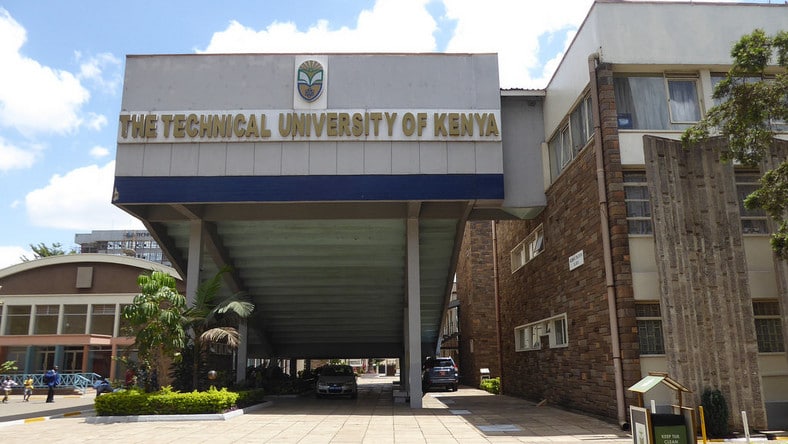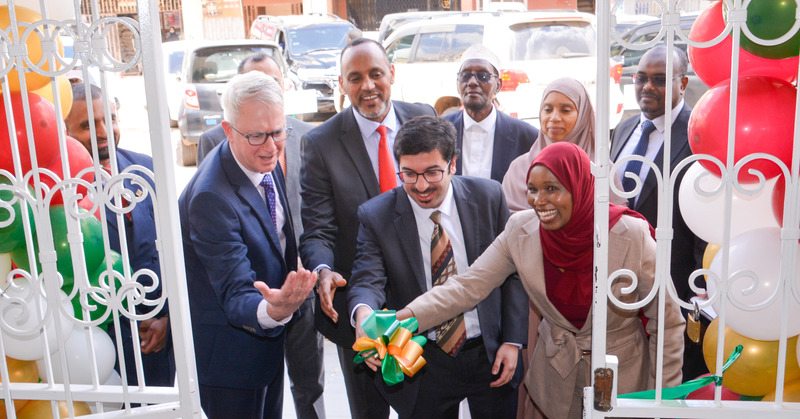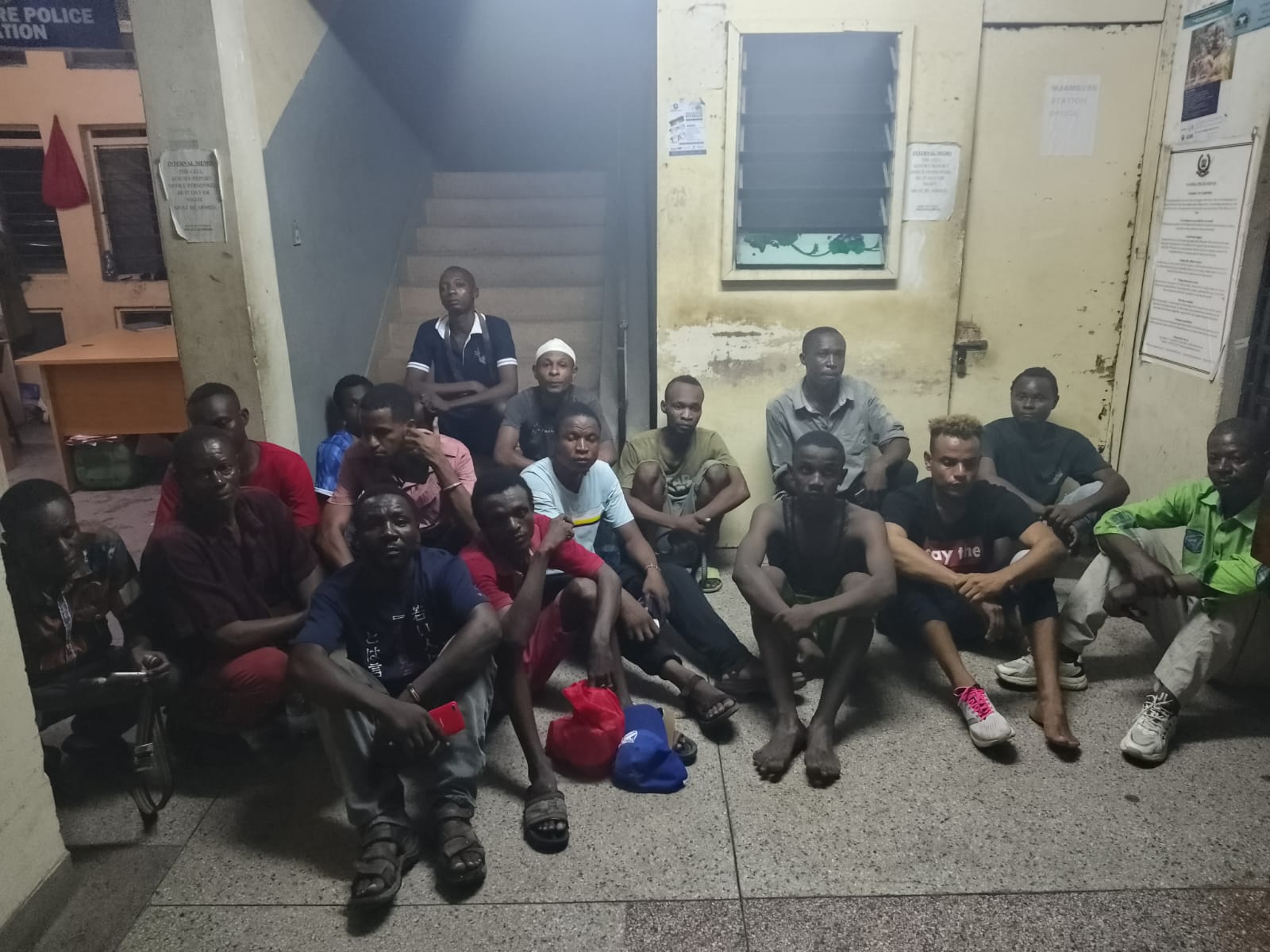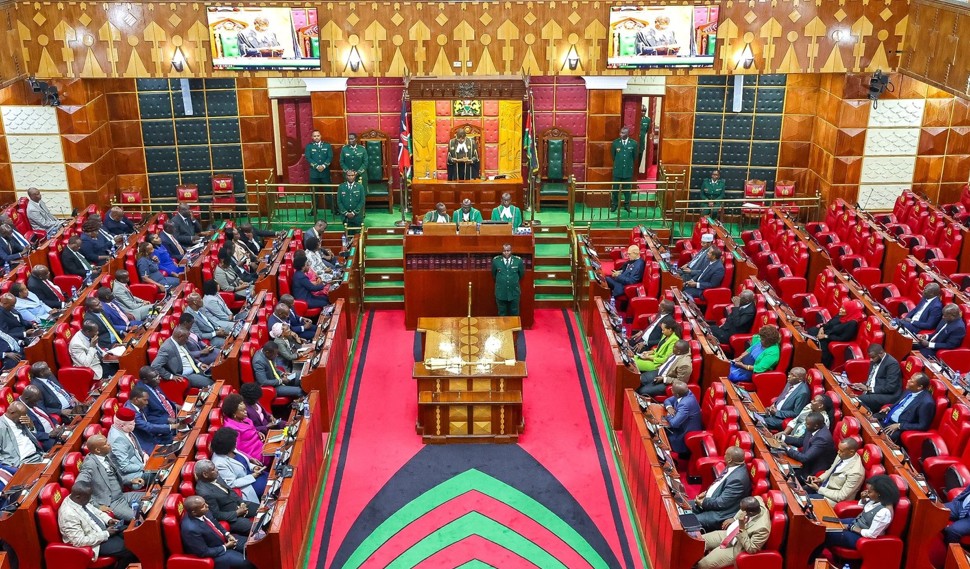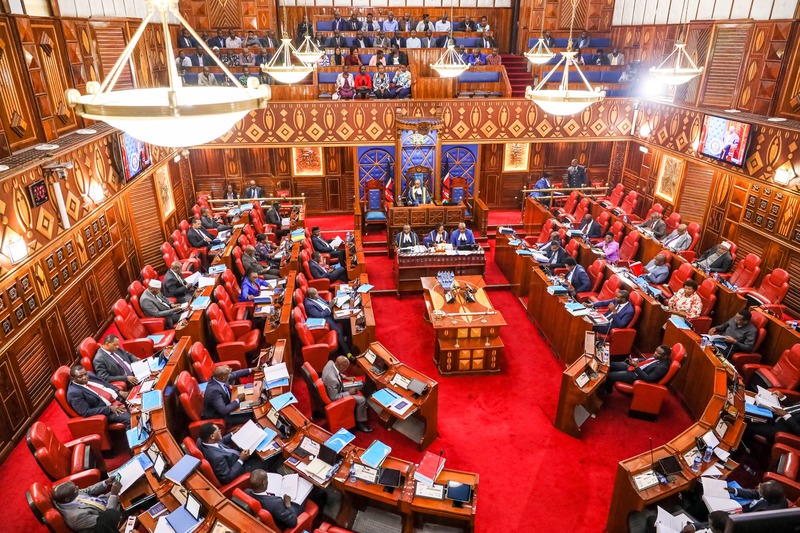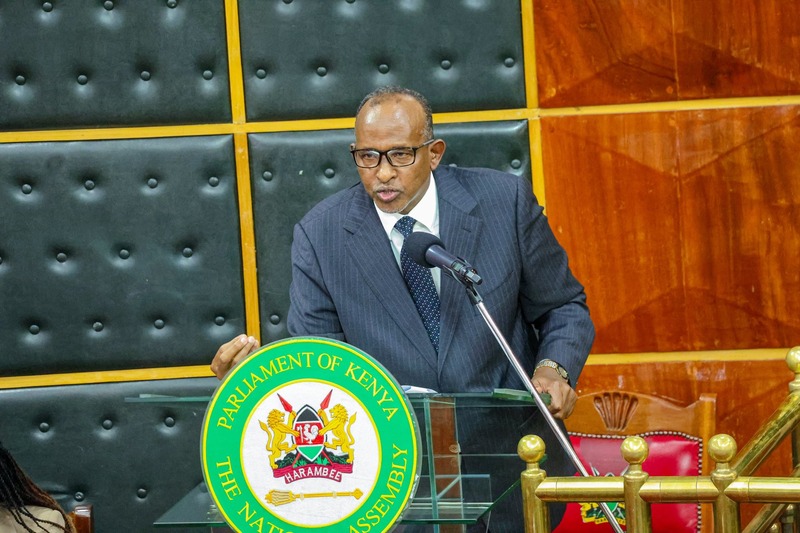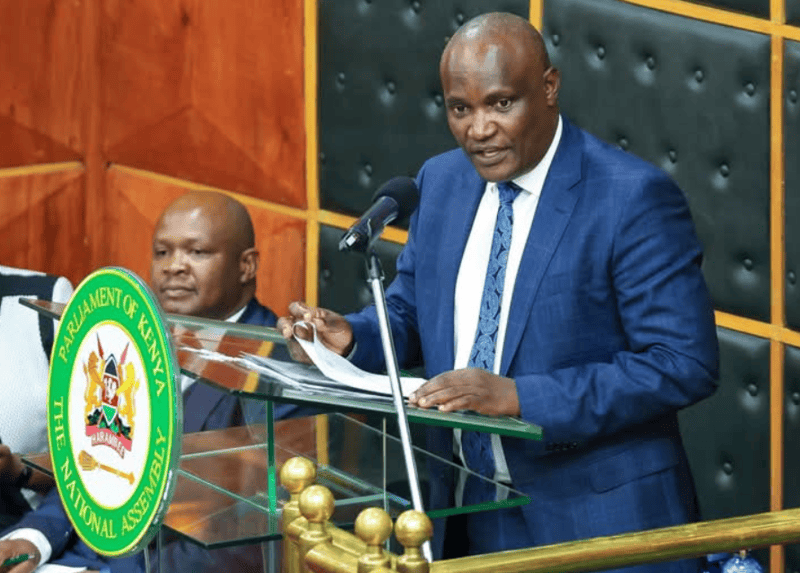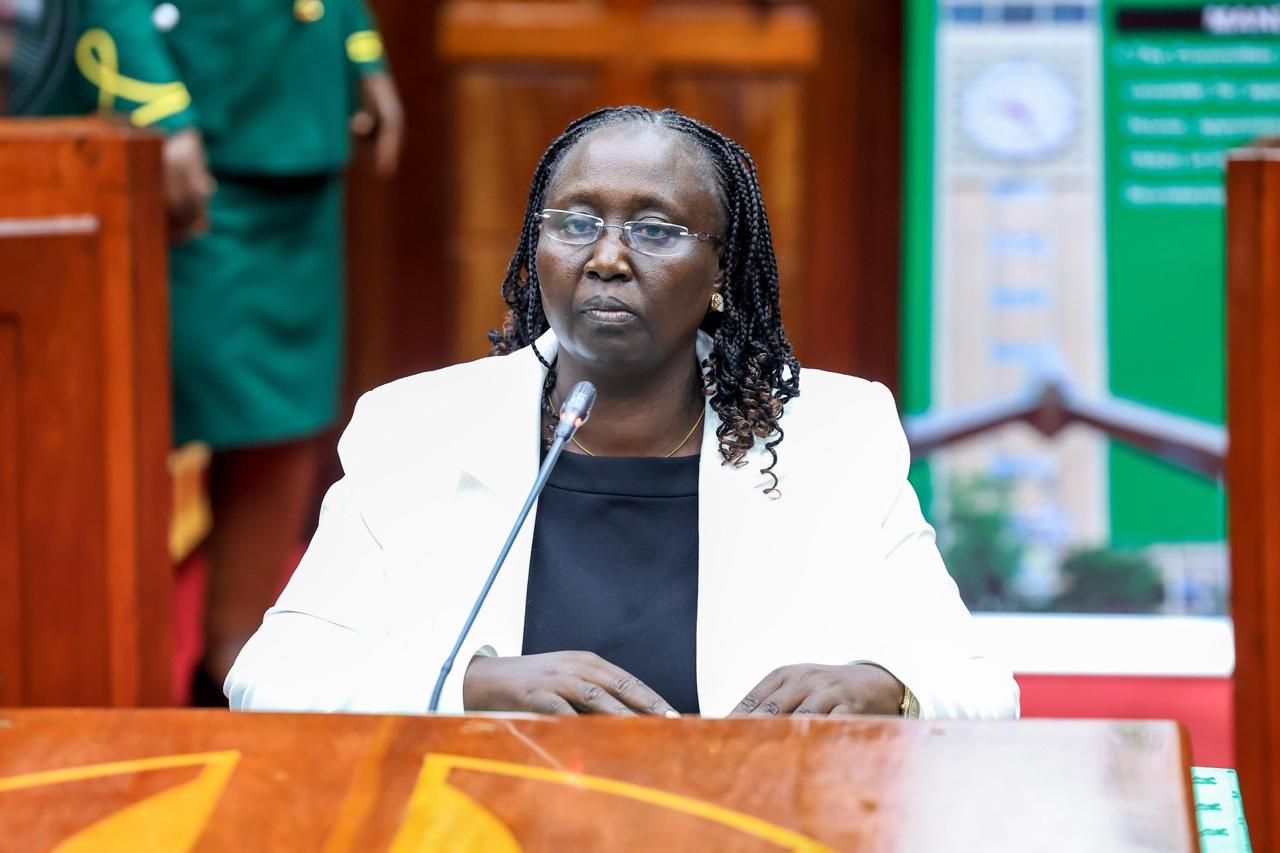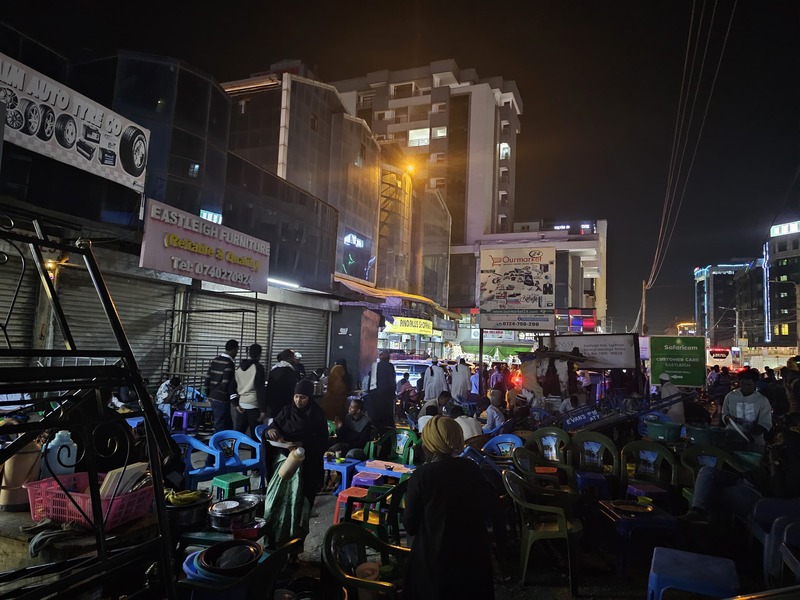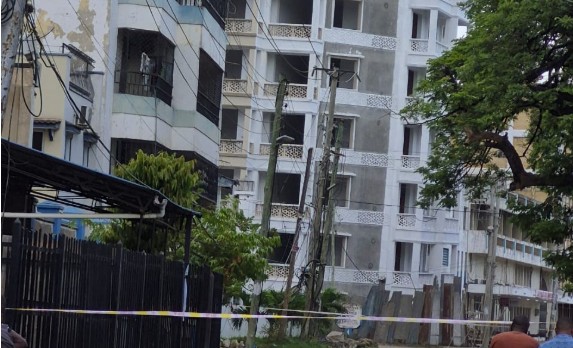Gathungu exposes how taxpayers’ money is lost in dubious spending by county assemblies

Ethnic imbalances in staffing also emerged as a theme in the report, with counties such as Murang’a, Kirinyaga and Kiambu showing an overwhelming dominance of one community in the workforce, casting doubt on the fairness of recruitment practices in these regions.
A recent report by Auditor General Nancy Gathungu has revealed shocking levels of financial mismanagement within county assemblies, exposing a web of wasteful spending, unapproved allowances and questionable procurements that have left taxpayers footing the bill.
The revelations suggest that the financial chaos in these regional governments not only involves the abuse of public funds but also a systemic failure to account for expenditure, including dubious allowances and unapproved trips.
In her 2023-24 financial year report, Gathungu highlights a disturbing trend of financial irresponsibility, especially among members of county assemblies (MCAs), Speakers, and clerks.
According to Gathungu, several county assemblies have engaged in illegal payments, unsupported expenses and procurement practices that could be deemed fraudulent. The mismanagement has led to significant losses of taxpayers’ money with little to no accountability.
One of the most glaring examples comes from Taita Taveta County, where Sh229.08 million was used for domestic travel and subsistence allowances for MCAs and staff.
This expenditure, according to the audit, was not supported by the necessary documentation. Sh10.83 million was paid to officers at flat rates of between Sh3,000 and Sh19,000 without prior approval from the Salaries and Remuneration Commission (SRC).
Moreover, the audit found that Sh3.05 million was paid for domestic and subsistence allowances, but no receipts were provided by the beneficiaries.
“In the circumstances, the accuracy and regularity of the domestic travel and subsistence expenditure of Sh229.08 million could not be confirmed,” the report states.
Mileage allowances
Further compounding the issue, Gathungu raised concerns about the misuse of public funds in Wajir County, where overpayment of mileage allowances to MCAs amounted to Sh11.19 million.
Despite clear guidelines on how much mileage could be reimbursed, an analysis of claims based on actual distances revealed that the county had exceeded the approved limit by a substantial margin. In total, MCAs in Wajir received Sh91.55 million in mileage allowances.
“An analysis of claims based on actual distances from the Wajir county headquarters to the respective wards, as provided by the Ministry of Transport and Infrastructure, revealed that members were overpaid by Sh11.19 million,” the report explained.
The financial troubles in Wajir did not end with mileage allowances. The county assembly overspent its annual budget by Sh1.19 billion, which was 11 per cent of the total revenue for the year.
This overspending directly contravenes legal provisions stipulating that county assemblies’ expenditure should not exceed seven per cent of the total revenues of local governments.
The auditor also flagged a questionable procurement of advertising services worth Sh2.2 million, which appeared to be fictitious as it was single-sourced and lacked adequate supporting documentation.
“The expenditure was not backed by user requisition as the basis for initiating the procurement process, and the services were single-sourced from just one media house,” the report reads.
Marsabit County also came under fire in the audit, with Gathungu citing the “wasteful” spending of Sh4.03 million for a report-writing workshop in Isiolo.
Violated National Treasury circulars
The workshop, intended to gather staff to write a report, violated National Treasury circulars requiring that such activities be conducted within the same duty station if the participants are primarily from one location.
In addition, Marsabit’s construction of the county assembly chambers is in limbo, with Sh8.13 million tied up in a stalled project initially budgeted at Sh344.20 million.
The project, which was meant to be completed in August 2019, has yet to be finished, raising questions about the efficient use of public funds.
Gathungu also highlighted improper spending on the Speaker’s rent in Marsabit County, where Sh900,000 was spent on leasing accommodation despite the SRC deadline for such arrangements having expired in June 2022.
The assembly’s reliance on a manual payment system also raised red flags, with the potential for ghost workers and fraudulent activities.
In Isiolo, the auditor uncovered a potential loss of Sh4.49 million, allegedly disbursed as ‘responsibility allowances’ to county assembly members.
However, the county’s management failed to provide necessary documentation, such as attendance registers or a list of leadership positions, making it impossible to verify the legitimacy of the payments.
Furthermore, Sh4.42 million was spent on two retreats that took place at a conference venue located just 10 kilometres away, in violation of SRC guidelines, which state that daily subsistence allowances are not payable for travel within a 50-kilometer radius.
The financial mismanagement also extended to Makueni County, where MCAs pocketed allowances ranging from Sh50,000 to Sh70,000 for participation in oversight activities, contrary to the approved rates by the SRC.
Speaker’s residence
The assembly also spent Sh10 million acquiring land for the construction of the Speaker’s residence, with an additional Sh19.77 million allocated for a perimeter wall.
However, upon inspection, it was revealed that the septic tank on the property was already full, and the perimeter wall had developed cracks.
Meanwhile, the Nyeri County Assembly made headlines for spending Sh10 million on air tickets for MCAs and staff. Of this, Sh9.95 million was paid to a single-sourced company, raising concerns about transparency and potential favouritism in procurement practices.
Ethnic imbalances in staffing also emerged as a theme in the report, with counties such as Murang’a, Kirinyaga and Kiambu showing an overwhelming dominance of one community in the workforce, casting doubt on the fairness of recruitment practices in these regions.
Other counties, such as Elgeyo Marakwet and Nandi faced scrutiny for questionable foreign trips by MCAs, with the auditor unable to justify Sh2.4 million spent on a trip to Dubai and Sh10 million spent on MCAs’ travel in Nandi.
The Nandi County Assembly also failed to provide supporting documents for training expenses amounting to Sh2.5 million, raising further concerns about the lack of oversight and accountability in the use of public funds.
In Homa Bay, the leadership of the county assembly came under fire for disbursing Sh40.63 million for various expenses without providing the necessary vouchers for audit purposes.
Top Stories Today

